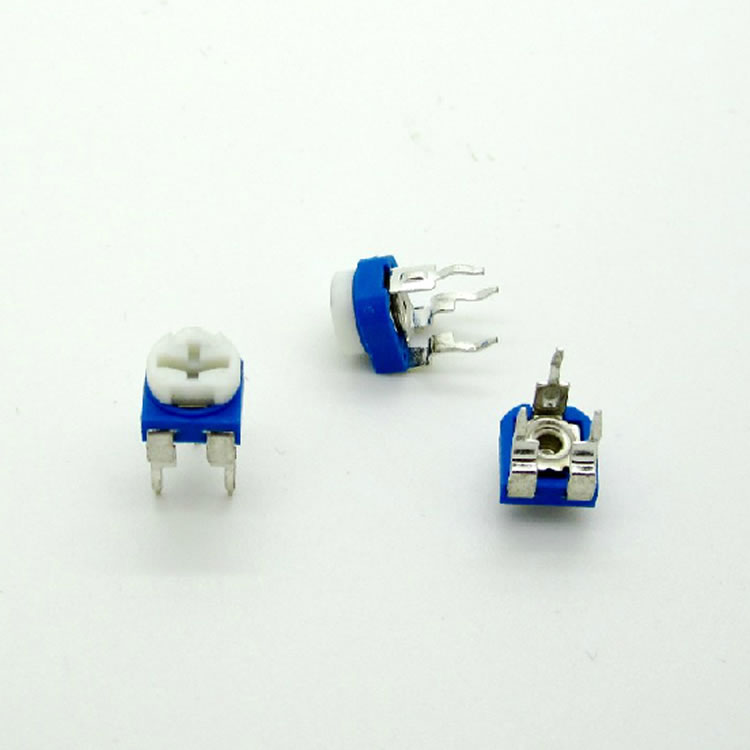The 50KΩ Variable Resistor, also known as a potentiometer, is an electronic component that allows for the adjustment of resistance within a circuit. It provides a variable resistance range of up to 50 kilohms, enabling precise control over electrical signals and voltages in various electronic applications. This component is commonly used in settings such as volume controls, tuning circuits, and calibration systems.
Key Features:
- Resistance Range: 50KΩ (50,000Ω)
- Adjustable resistance for fine-tuning and calibration
- Available in rotary or linear adjustment types
- Typically offered in through-hole or surface-mount designs
- Resistance Value: 50KΩ (50,000Ω)
- Tolerance: ±10%
- Power Rating: Typically 0.5W to 1W
- Adjustment Type: Rotary or linearÂ
- Package Type: Through-hole
- Audio volume control
- Signal attenuation and gain control
- Calibration and adjustment in measurement systems
- Fine-tuning in analog circuits
- Incorporate the potentiometer into the circuit as per design specifications.
- Adjust the resistance by rotating or sliding the control to the desired level.
- Verify the adjustment through circuit testing to ensure proper operation.
- Avoid exceeding the potentiometer’s power rating to prevent overheating.
- Handle the component carefully to avoid damaging the adjustment mechanism.
- Regularly check and recalibrate in sensitive or frequently adjusted applications.



